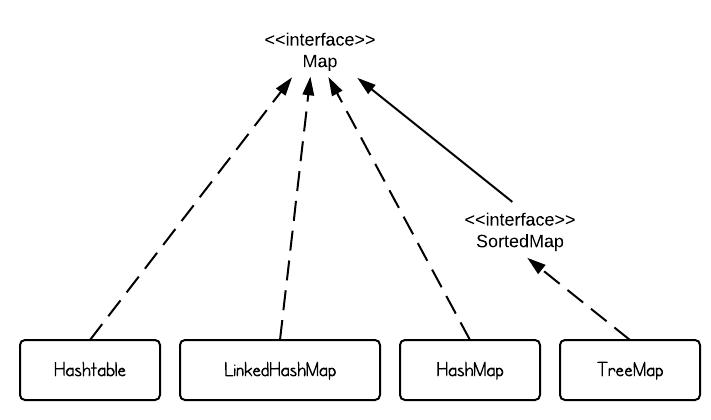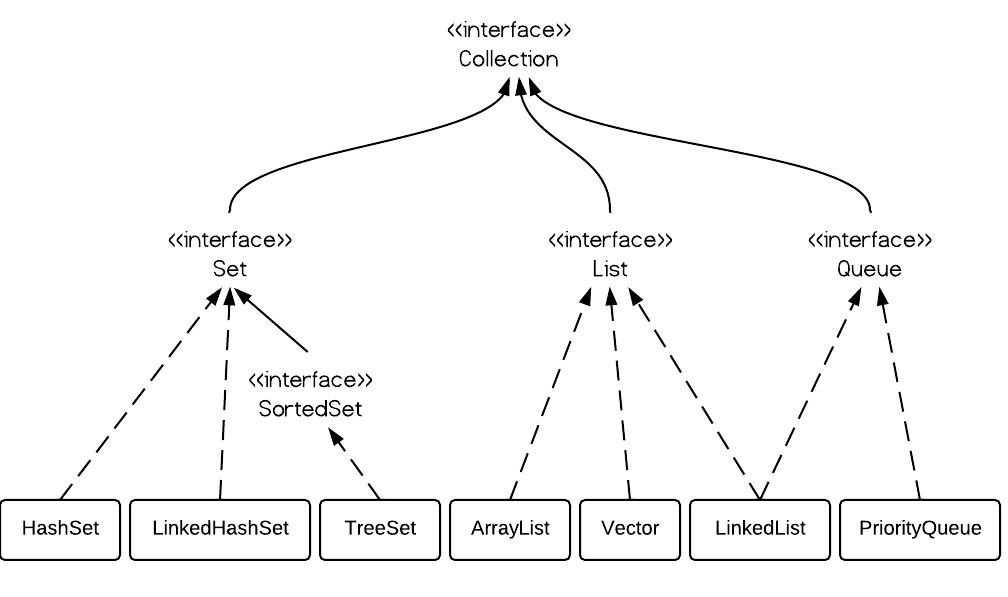You may know that an unbounded wildcard Set<?> can hold elements of any type, and a raw type Set can also hold elements of any type. What is the difference between them?
Java Remove Element from ArrayList
To remove some elements from an ArrayList while iterating over the ArrayList, we need to use Iterator. Integer[] arr = {1,2,3,4,5,6}; ArrayList<Integer> list = new ArrayList<Integer>(Arrays.asList(arr)); System.out.println(list); Iterator<Integer> iter = list.iterator(); while(iter.hasNext()){ int i = iter.next(); if(i==5) iter.remove(); } System.out.println(list);Integer[] arr = {1,2,3,4,5,6}; ArrayList<Integer> list = new ArrayList<Integer>(Arrays.asList(arr)); System.out.println(list); Iterator<Integer> iter = list.iterator(); … Read more

